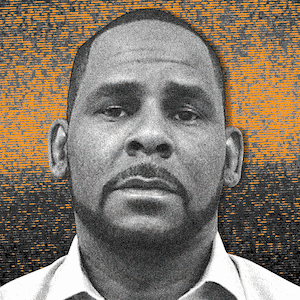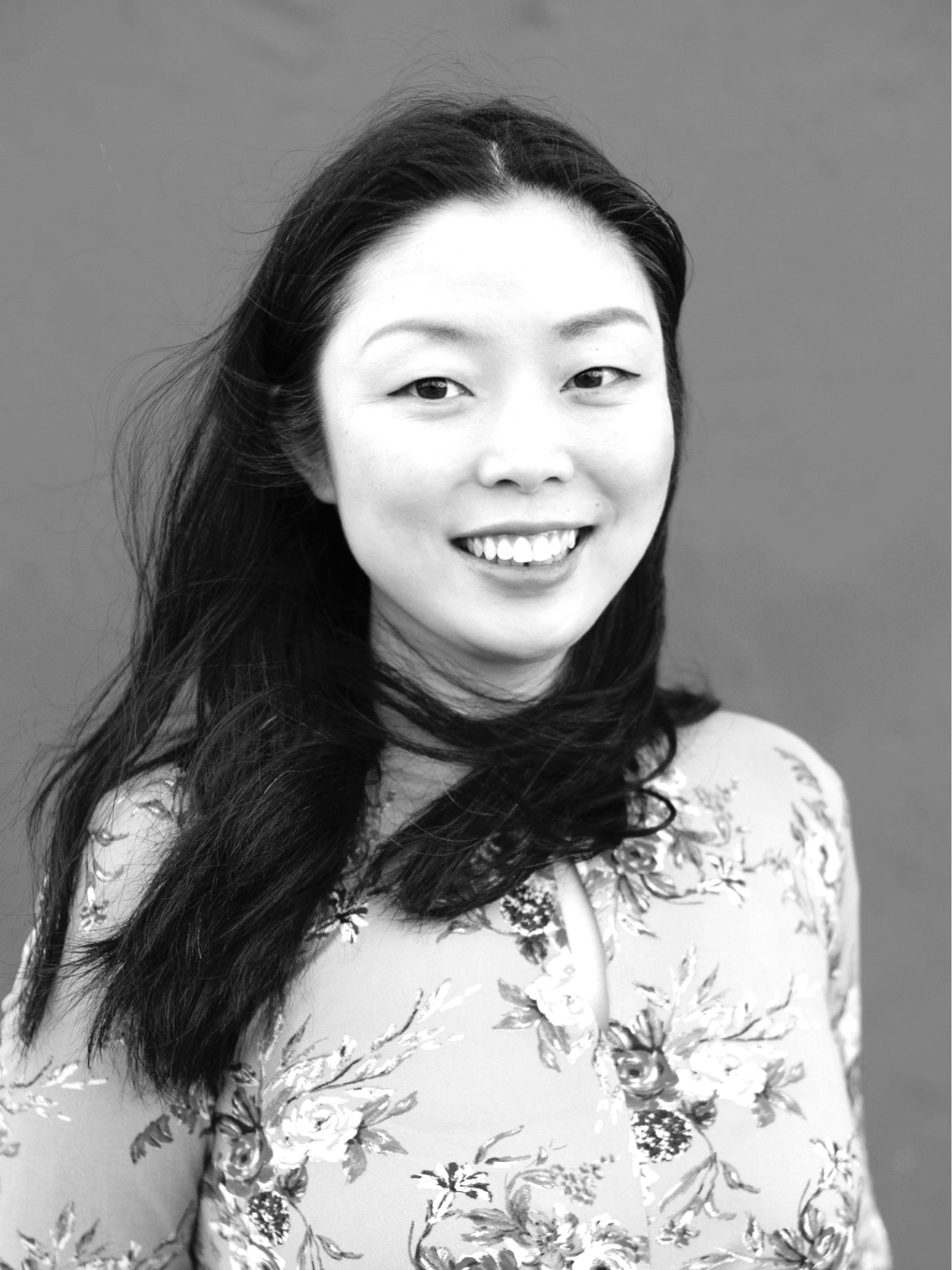I’ve been thinking a lot lately about an experience I had as a 13-year-old vocational school student in China. Each night, every class in the school would have to watch Xinwen Lianbo, a daily news program produced by the state-run broadcaster, China Central Television. The same program was broadcast in every city in China, and in schools like mine, it was required viewing for everyone.
To ensure that each student actually paid attention to the broadcast, we were required to write down 20 of the news stories mentioned during the program—10 domestic and 10 international. At the end of the week, every student’s news notebook would be carefully inspected, and anyone who failed to properly record the news reports would be publicly shamed on “Notice of Criticism” billboards positioned around main pathways throughout the campus. I remember being very afraid of seeing my name on those billboards.
My news notebook became a fixation for me; it became a point of pride. I was proud of my meticulous reporting, the neatness of my handwriting, and the speed at which I could copy every detail. I memorized the format of the broadcasts—first 10 minutes: national leaders are having important meetings. Second 10 minutes: everyone in China is living a happy, prosperous life. Final 10 minutes: outside of China there are gunshots, misery, natural disasters, and Western anti-China forces are relentlessly trying to destabilize China and induce chaos in Chinese society. I carefully wrote it all down.
The broadcasts became the lens through which I saw my country. It was my responsibility to internalize them, and I did. So did my friends, so did my family. Years later, I left China and began a reckoning with the image of China that had been presented to me. After studying abroad for a few years, I returned to China to make my first documentary Hooligan Sparrow, and in the process I was personally subjected to interrogations, police harassment, and physical threats. In subsequent years my family in China has withstood repeated inquiries from national security agents about me and my work.
Naturally, my perception of China has changed since the days when I copied down those nightly news broadcasts. The memory of those days has resurfaced recently, I suppose, because of my experience reckoning with the Chinese news media’s coverage of my most recent film, One Child Nation, a documentary about China’s one-child policy.
Most of China’s major entertainment publications thoroughly cover the Oscars each year, so when the Academy announced its 15 shortlisted films for the 2020 Best Documentary Feature award, many Chinese publications covered it. But each paper had a peculiarity in common: they each listed only 14 films.
One Child Nation, the documentary about China’s one-child policy that I co-directed with my friend Jialing Zhang, is included in this year’s shortlist, but no Chinese publication has made any mention of it. Any person living in China who might be following the Oscars would have no way of knowing that a Chinese film is a contender in this year’s documentary category. Even for people who have heard of the film, searching for the Chinese translation of the film’s title (独生子女国度 or 独生之国) within China generates no results, except for this message: “the result of this search cannot be displayed because it violates related laws and regulations.”
This is nothing new. Several weeks ago, when the Producers Guild announced its seven nominees for Best Documentary Feature, Chinese media reported that six films had been nominated. And at the beginning of 2019, Chinese entertainment media’s coverage of the Sundance Film Festival awards excluded the detail that One Child Nation had won the Grand Jury prize for Best U.S. Documentary.
In my work as a filmmaker, I’ve become familiar with the startling and perplexing reality of how carefully shaped and managed the flow of information is within China, so the censorship of my film wasn’t particularly surprising to me. The real surprise came when I posted about it on Chinese social media.
I took a screenshot of the 14 shortlisted films reported in Chinese publications. I posted the screenshot on my WeChat account (WeChat is a Chinese messaging app with more than 1 billion monthly active users) and wrote a caption, “15 films were on the short list, but one doesn’t exist in China.” A few minutes after I posted the screenshot, a good friend commented on the post, “Chinese documentaries about our fight against Uighur terrorists don’t exist on YouTube.”
It took me a minute to make sense of what he said. Then I realized that he was referring to two documentaries, Fighting Terrorism and Black Hand, produced by China Global Television Network. I was surprised that my friend brought up these films, so I looked into them more deeply.
The documentaries were released in late 2019 and show graphic images of terrorists in Xinjiang to justify China’s crackdown on Uighurs. The films were widely promoted online, and Chinese news media denounced how Western media had “censored” them.
On Global Times, an English-language Chinese newspaper controlled by the state-run People’s Daily, an article appeared with the title: Xinjiang Documentary released, Western media collectively chose to be silent. It said, “Western media did not refute our facts, but downplayed and marginalized the film, preventing mainstream western audiences from hearing the Chinese voice. We must now break through this strategy of the western media and have our own independent channels to report these facts …”
In a video on Global Times, the spokesperson for the foreign minister addressed Western media: “What I want to emphasize is that whether you report it or not, whether you want to report it or not, the facts and truths about Xinjiang are there, and the evidence is strong. Lies can’t cover the truth, just like dark clouds can’t cover the sun after all. I think as the media, you have such a social responsibility to present the most basic facts and truths to the readers objectively and fairly, rather than preconceived and selective deafness and blindness, misleading the audience.”
After reading about these two documentaries justifying China’s treatment of Uighurs, my friend’s point became evident to me: sure, Chinese media were complicit in the censorship of One Child Nation, but Western media are guilty of the same kind of censorship.
I imagined then how my argument with him would play out: I would point to the extensive reporting about China’s treatment of Uighurs, he would argue that the reporting came from biased Western publications bent on embarrassing China and advancing Western agendas. I would say the truth was being hidden from him by censorship. He would say I am brainwashed.
It felt pointless to even engage. So I didn’t.

Little Nanfu Wang with her parents in China
Amazon StudiosThis wasn’t the first time I had such an exchange with a Chinese friend. Earlier in 2019, a TED talk I gave about the one-child policy was subtitled in Chinese and somehow didn’t get censored in China. A good friend I’d known for 18 years wrote me a long message after he saw the video. He pointed out how untruthful my story seemed to him. “How could I have not have known about these events if they really happened? You and I came from the same province!” He listed all of the reasons he believed that I lied, and in the end he asked me, “Why couldn’t you make films that reflect positively on China?” The two of us haven’t spoken since.
Beyond social media exchanges with friends about my work, I see the same nationalistic sentiment expressed in other ways. When it comes to Hong Kong, Taiwan, Xinjiang, or issues related to “territorial integrity,” even some of the most educated and informed people I know speak the same language as the Chinese government. I watched friend after friend repost the viral hashtag “Protect Hong Kong” as the Chinese media depicted protesters as Western-backed infiltrators.
Another popular hashtag was: “The great rejuvenation of the Chinese nation.” It referred to a speech Xi Jinping gave during the 19th CPC National Congress: “As long as all the sons and daughters of the Chinese nation, including our compatriots in Hong Kong, Macao, and Taiwan, follow the tide of history, work together for the greater national interests, and keep our nation’s destiny firmly in our own hands, we will, without doubt, be able to achieve the great rejuvenation of the Chinese nation.”

Missing babies in China, owing to the one-child policy
Courtesy Amazon StudiosMany Chinese people seem to have taken the mandate to “keep our nation’s destiny firmly in our own hands” deeply to heart. The common interpretation has become: reject Western representations of Chinese society. Don’t publicly criticize the government. Even my own mother has told me: don’t depict China negatively in your work. There’s a popular expression in China: you don’t complain about your mother, no matter how poor or ugly she is, because she’s the only mother you have, and China is your motherland. I personally have been accused of being a traitor because of my work as a filmmaker, and it’s been suggested online that I’ve criticized China abroad in exchange for American citizenship.
It was never my expectation that I would lose friends because of my work. I didn’t expect that lifelong friends would accuse me of lying and trying to damage China’s reputation. But when I return to my memories of myself as a teenager—every day, copying down the state’s news broadcasts, accepting them as fact, taking pride in my ability to digest and regurgitate them—my friends’ reactions become less surprising. If I had never left China, chances are I would be posting the same hashtags as them. I’d be just as skeptical of news reports claiming China is committing human rights violations, and I would probably see in them no motivation beyond embarrassing China as part of an imperialist scheme.
I have no illusions about Western countries’ imperviousness to propaganda. Every human mind is vulnerable to it. Chinese people have the particular misfortune of facing punishment for speaking the truth, if they can find it in the first place. On the flip side, I believe people in societies that call themselves free have the particular responsibility of speaking the truth when they find it, of wrestling with each other about what the truth is, of questioning what powerful people tell them to believe is true. China’s foreign minister was right (if not in the way she meant to be right) when she said: “Lies can’t cover the truth, just like dark clouds can’t cover the sun after all.”


